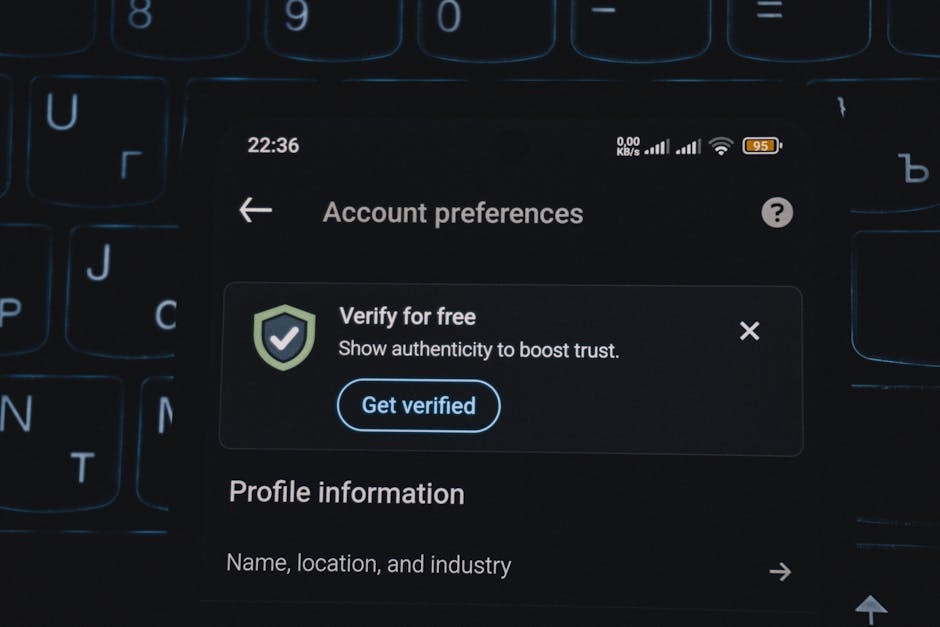Texas Faces Dual Lawsuits Over App Store Age Verification Law
Texas has become the epicenter of a legal battle as two major tech industry groups challenge the state’s new age verification requirements for app stores. The lawsuits, filed by the Computer & Communications Industry Association (CCIA) and the Entertainment Software Association (ESA), argue that House Bill 18 (HB 18) is unconstitutional and places undue burdens on businesses and consumers.
Understanding HB 18
Enacted in September 2023, HB 18 mandates that app store operators like Apple and Google implement age verification systems to prevent minors from accessing apps with explicit content, gambling, or other age-restricted material. The law requires users to provide government-issued identification or other approved methods to verify their age before accessing such apps.
Supporters of the law argue it’s a necessary step to shield children from harmful digital content. Texas lawmakers, including the bill’s sponsor, highlight its role in enhancing parental control and child safety. However, critics claim the law is overly broad, impractical, and infringes on First Amendment rights.
The Lawsuits and Their Arguments
The CCIA and ESA have filed separate lawsuits in federal court, alleging that HB 18 violates the First Amendment by imposing content-based restrictions and the Commerce Clause by burdening interstate commerce.
The CCIA argues the law forces app stores to act as “speech police,” requiring them to vet and restrict content in ways that are both technically and legally problematic. The ESA focuses on the gaming industry, stating that the law unfairly targets video games and imposes costly compliance requirements.
Both lawsuits also emphasize the privacy risks of age verification, such as potential data breaches and identity theft. They further contend that the law’s vague language creates uncertainty for app store operators, stifling innovation and free expression.
Broader Implications for Tech and Privacy
These lawsuits are part of a national debate on regulating digital platforms while balancing child protection, user privacy, and free speech. Similar laws have been proposed or enacted in states like California and Louisiana, but Texas’s HB 18 is among the most stringent.
Tech companies argue such regulations are often poorly drafted, difficult to enforce, and harmful to consumers. The outcome of these lawsuits could set a precedent for future state-level regulations of app stores and digital platforms.
What’s Next?
As the lawsuits progress, legal experts predict the cases could take months or years to resolve, potentially reaching the Supreme Court. App store operators face uncertainty about how to comply with the law without violating federal protections or compromising user privacy.
For Texas, the lawsuits test its ability to regulate the digital economy. For the tech industry, they represent a critical fight to maintain platform control and protect user rights. For consumers, the outcome could significantly impact how they access digital content.
The debate over age verification and digital regulation is far from over, and its resolution will shape the future of the internet for years to come.




